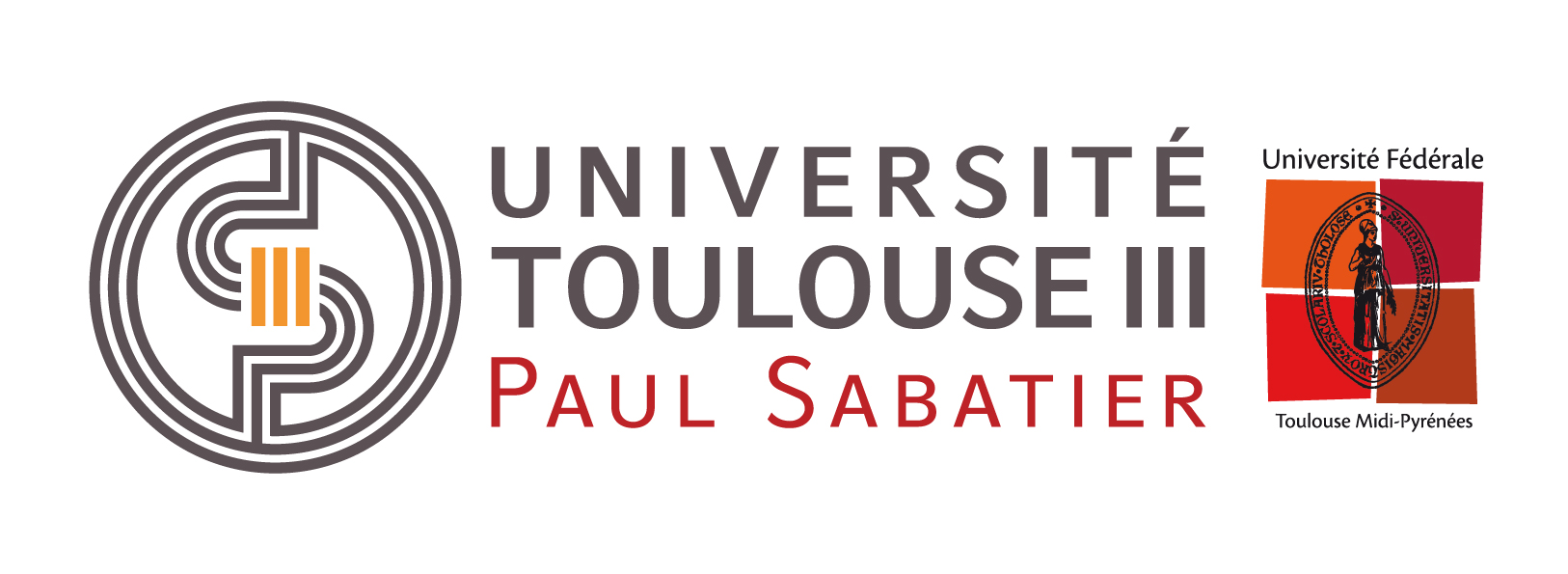An intermediate level of genetic instability of the tumor is more favorable to an increase in tumor aggressiveness than a low or very high level
sarcomas
leiomyosarcoma
chemotherapy
Pronostic
genetic instability
Ataaillah Benhaddou équipe ONCOSARC : Oncogenèse des sarcômes
Genetic instability (GI) is a fundamental property of almost all cancers. In this work, we present a new statistical method for measuring this GI, based on the enrichment of mutations and breakpoints in defined patterns of tumor DNA. We have shown that the intermediate level of GI is associated with an increased risk of metastatic relapse compared to a low or high level. In addition, we observe that patients with a low level of genetic instability do not seem to benefit from chemotherapy and find their risk of metastatic relapse increased. Further studies are now needed to confirm these findings, applicable to all cancers.
Chemotherapy is still a controverted treatment for soft tissue sarcomas. In recent decades, research has focused on identifying patients with highly aggressive tumors on the basis of molecular or histological signatures. The main hypothesis is that the more aggressive the tumor, the more the patient can benefit from chemotherapy. In this work, we show that the response potential to chemotherapy would be better estimated by evaluating the genetic instability of the tumor according to the method we report. In fact, we show that patients with low genetic instability would benefit the least from chemotherapy, even it would be harmful for their prognosis, while patients with an intermediate or high level could benefit from it. If these preliminary results were confirmed by subsequent studies, this work would then be a basis for better personalized therapeutic management.
This methode is now being evaluated on other cancers. A patent application is submitted. A start-up project for commercializing a software that helps clinician for decision making for is under evaluation.
Discover the published articles
Sci Rep. 2021 Dec 6;11(1):23429.doi: 10.1038/s41598-021-02787-x.
Medium levels of transcription and replication related chromosomal instability are associated with poor clinical outcome
Ataaillah Benhaddou, Laetitia Gaston, Gaëlle Pérot, Nelly Desplat, Laura Leroy, Sophie Le Guellec, Mohamed Ben Haddou, Philippe Rochaix, Thibaud Valentin, Gwenaël Ferron, Christine Chevreau, Binh Bui, Eberhard Stoeckl , Axel Le Cesne , Sophie Piperno-Neumann , Françoise Collin , Nelly Firmin , Gonzague De Pinieux , Jean-Michel Coindre , Jean-Yves Blay , Frédéric Chibon
collaboration and acknowledgement
We are grateful to the French Sarcoma Group for tumor banks and associated clinical annotations and to Jean-Baptiste Courrèges. The following French cancer centers also participated in this study: Centre Paul Papin (Angers), Centre Oscar Lambert (Lille), Institut Paoli Calmettes (Marseille), CHU La Timone (Marseille), CHU Bordeaux and hospital Ambroise Paré (Paris). This work was supported by grant from the “Instituts Thematiques Multiorganismes” (ITMO) Cancer (INSERM and INCa) and the Claudius Regaud Institute. The authors would like to thank the Centre Nacional d’Anàlisi Genòmica (CNAG, Barcelona, Spain) for WG sequencing services. We thank GENOTOUL for bioinformatics facilities and computer farm.

Centre de Recherches en Cancérologie de Toulouse (Oncopole)
Toulouse – FR
Nous contacter
05 82 74 15 75
Envie de rejoindre
L’équipe du CRCT ?




